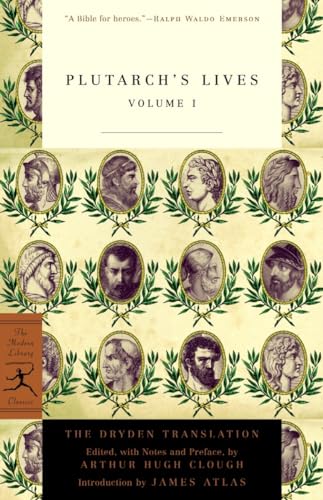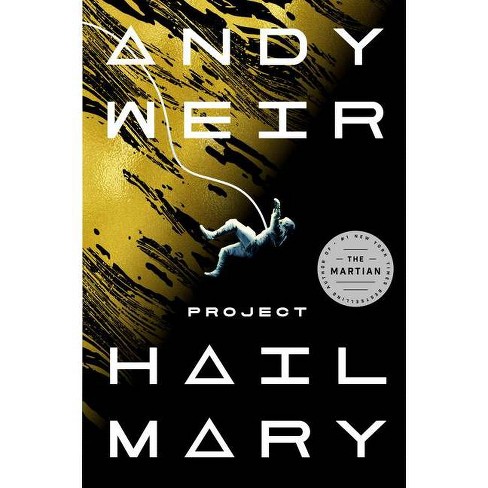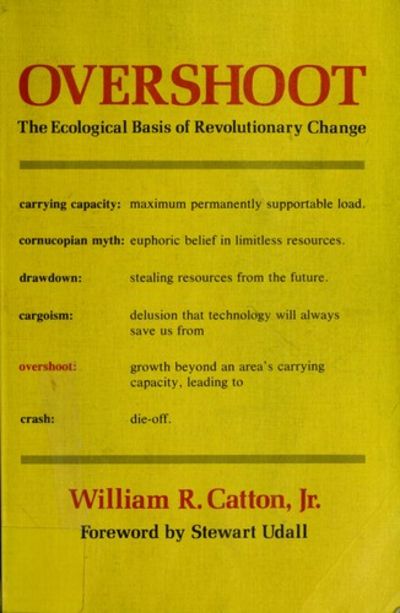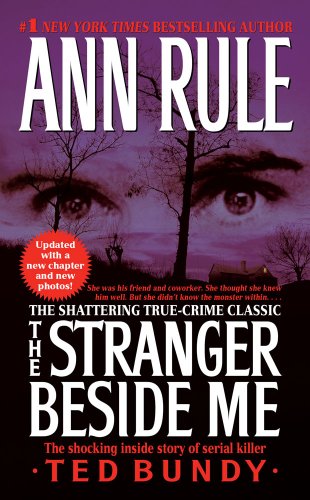I finally finished this book- (three weeks after I started it, which is very slow for me). Most surprisingly, the beginning to middle of this book is just decent, maybe falls into "good" range, but the ending is superb, even majestical.
Just in case you couldn't guess by the title this book is about Napoleons invasion of Russia and is essentially broken into three broad areas: prologue/build up by Russia and France, invasion to French occupation of Moscow, and, finally, the retreat.
The prologue adequately described the motivations and objectives (or lack thereof) of the parties. Need it say more? The most interesting segment of this part of the book had to do with Russia’s planned invasion of French territory and how, despite how history remembers it, were as aggressive and foolhardy as the French. Napoleon just blinked first in the dangerous game of 18th early 19th century diplomacy by gun.
The invasion to the occupation of Moscow is probably the weakest part of the book but it is still well written and polished. It is higher level history with great events described well and succinctly. The great battle of Borodino is described in a scant 20 pages at most. The action is described and rarely descends before the very high level. The author also makes conclusive statements of military fact that I did not find totally support for in the preceding pages- for example he will make a point such as this: Marshal Davout’s plan was the correct plan and would have smashed the Russian army. Which may or may not be true, but there is scant evidence provided other than a generic paragraph describing the Russian dispositions being shifted too far to the right (northwest) flank. The author makes a half dozen or so of these statements of military fact that I will have to further research and review with other sources. This isn’t a big deal but don’t go into this book expecting to know the position of 84th regiment of the line at 0800 on 7 September 1812. I’m fine with how the author approached this segment and, while not earth shattering, set up and fully supported the last section of the book, covering the French retreat and the close of the campaign.
Finally, the last section of the book is unbelievably good. It is a literal page-turner-it took me two and a half weeks to get through the first 400 pages of this book and two hours to read the last 160 pages. It is marvelous, haunting and expands on the tragedy by completely humanizing it. The greatest strength of this section is that it could have been deeply repetitive – march, freeze, repeat- but it is certainly not. The author cleverly describes, much as the French allied soldiers saw, the march in stages where each stage could have been the end of their suffering, but, for a variety of reasons, was not.
The life of the great men of the era totally come to life. You can almost feel the presence of Napoleon holding things together despite ALL odds. Then, when the great man leaves (which may have been the right decision politically, doomed the remnants of his army.), you see the entire thing fall apart. The Marshals of France, while personally brave, were NOT Napoleon. It was his will that drove them and it is touching to read of his armies devotion to him.
Then you have heroes such as Marshal Ney literally led his tattered band through the country and back into French lines, finally go into the officers billet in Vilma and have someone accost him and he say “I’m the rear-guard, I am Marshal Ney!” all bearded and bloody. Then you have Marshal Murat at the head of the retreating column running into a fresh French division asking for orders saying “We are f***ed get the hell out of here.” Not very brave but his bluntness is absolutely savage and hilarious (but his leadership…. YUCK).
It was interesting to read that the Russians lost as many men as the French to cold and frost and simply kept pressing new men (even enemies) into the ranks.
In conclusion, I’d rate this book 9 out of 10 stars as the ending was just that good.

















